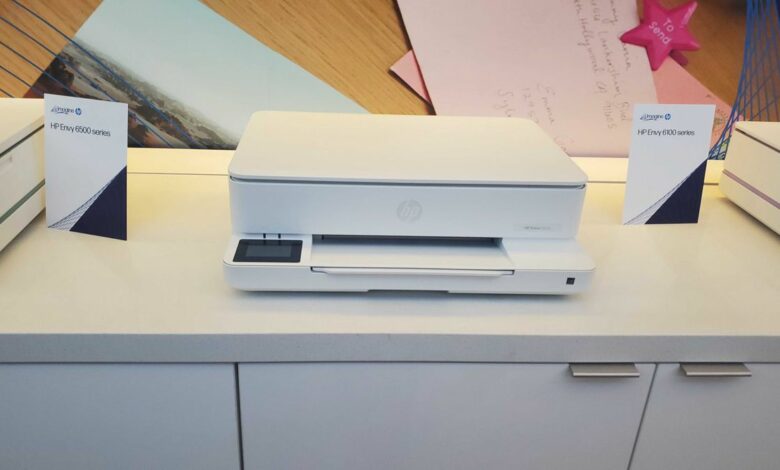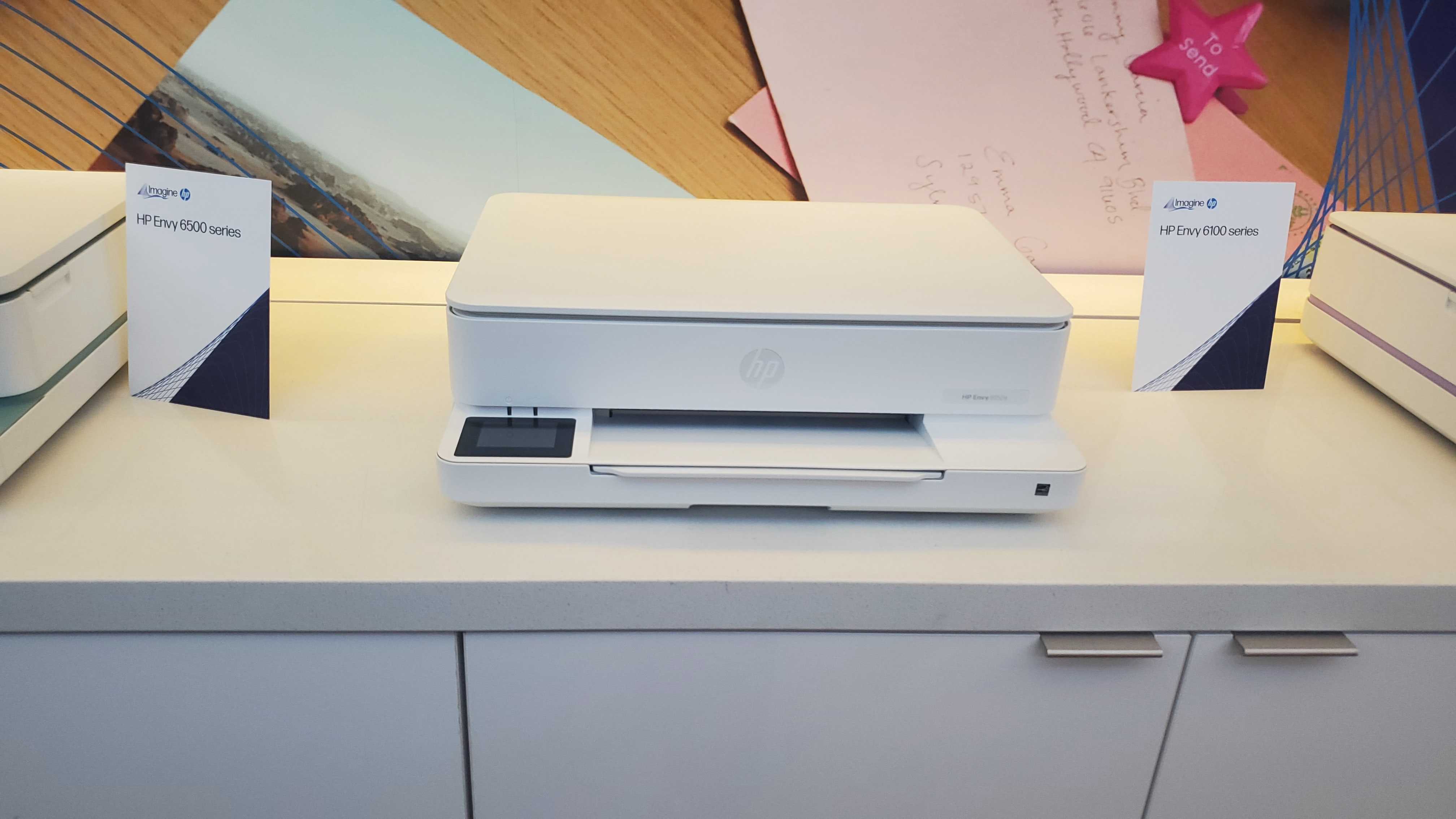The printer market may be cornered by one brand, but a surprising number of people simply don’t have one


- New TechRadar Pro Research shows that many people do not own a printer
- Nevertheless, HP has a significant share of the market
- Japanese brands are the most popular to own
The role of home printers may seem to be shrinking for many as cloud storage, document sharing and mobile devices quickly replace the many tasks that once relied on physical printing.
However, for millions of people, printers remain an essential tool for everything from school projects to remote work and small business operations.
A recent survey within our WhatsApp community provided some intriguing insights into printer ownership trends. With a sample size of 3,676 respondents from nine brands, the survey’s only question was, “What printer do you have?” – produced both expected and surprising results.
HP and Japanese brands are leading the way
HP emerged as a clear leader in this survey, with 38% of the total sample reporting owning a printer made by the company.
HP’s sheer market dominance is particularly interesting compared to those who don’t own a printer, who represented 21% of respondents. Although HP has a significant share of the market, a growing number of people are choosing alternatives to personal printing or simply choosing not to own a printer at all.
What is perhaps even more intriguing is the dominance of Japanese brands in the top four. Brother, Canon and Epson together account for 37% of the total, demonstrating the significant influence Japanese technology has on the global printing market.
Brother in particular has 11% of the total share, Canon with 14% and Epson close behind with 12%. The remaining brands, Kyocera, Oki, Ricoh, Xerox and Lexmark, together represent less than 5% of the responses. This indicates that these brands have their niches but limited awareness or availability among respondents.
The number of people giving up a printer could also reflect urban living conditions, where access to printing services is easily available through libraries or office supply stores. In such environments, it may be unnecessary for individuals to invest in personal printers.
In addition, the high ongoing costs associated with ink cartridges and maintenance can deter potential buyers from investing in printers.
Another recent study from TechRadar Pro shows that although the retail price of many printer cartridges is less than $20, in the long run printer owners will have to spend between $5,000 and $10,000 per liter of ink.




